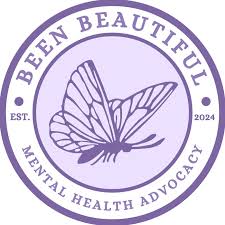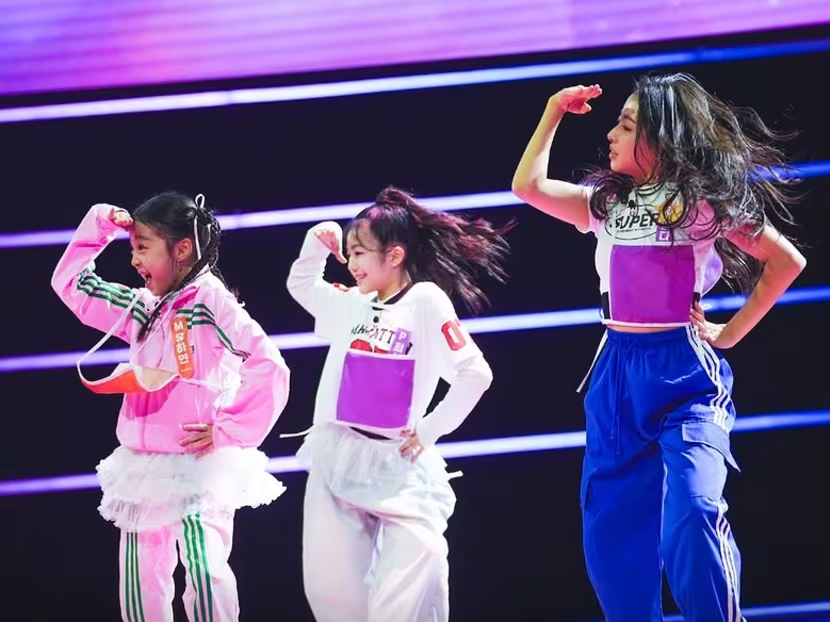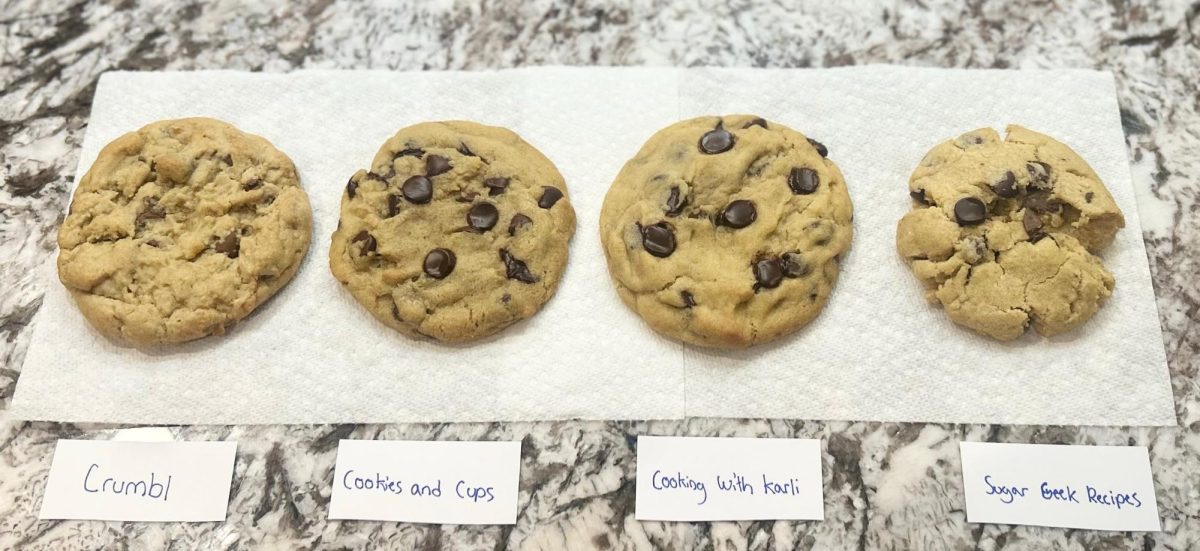A new survival K-pop show has been circulating in Korea and on social media, with it being called Under 15. This show is a live show that takes place over 10-12 weeks, where young kids get to showcase their talents to form a girl group. This method is seen to create some of the most successful K-pop groups known today, such as Enhypen, but formed through a different survival show. It aims to make a girl group where the average age to debut is as old as 15 and contestants as young as eight years old. The debut age has always been young in the K-pop industry, with many minors debuting at 15, 14, or even 13 years old, with frustration among the viewers showing their disapproval, but it’s never been as young as eight. This caused the show to face significant and widespread backlash even before its scheduled premiere. With the original air time being March 31, 2025, it has been postponed due to the controversy surrounding the show.
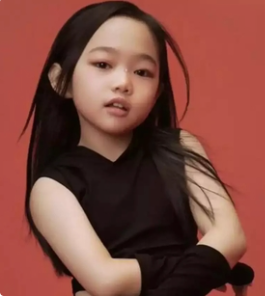
While the main reason for the backlash was due to the young age of the girls being debuted, that was not the only cause of this backlash in this survival show. The promotional materials released for Under 15 served as a significant accelerant, igniting immediate and intense criticism due to the perceived sexualization of objectification of the child participants. The teasers and photos unveiled girls as young as eight styled in a manner considered mature, inappropriate, and even revealing. Some examples of this clothing style include provocative attire, such as wearing midriff tops exposing their stomach, deemed inappropriate for young children, as well as very short skirts or shorts. Also, the application of thick mature makeup seen on adults not suited for their age obscures their youthful features. A notable contestant is Kim Ga Yoon, being 8-9 years old, where images were circulating online of her wearing heavy makeup and styled in a way that many viewers interpreted as explicitly sexualizing, seemingly designed to appeal to adult audiences. This representation deeply disturbed viewers such as Jasleen Gorgola, a junior at DHS, who commented that “the way this show is sexualizing minors at this age is just disgusting to say the least, and it’s inappropriate for children as it is sending the wrong message to the children and the audience.” Gorgla and countless others firmly believe that the show’s promotional strategy was actively sexualizing young contestants, which also raises concerns of its exploitation and the well-being of the children in the entertainment industry. This perception extended beyond mere mature styling to encompass a deeper concern that the show was intentionally presenting these young girls in a light that catered to potentially harmful interests.
Beyond the troubling issue of sexualization, there were significant concerns among ”Critics worry[ing] that placing children in a
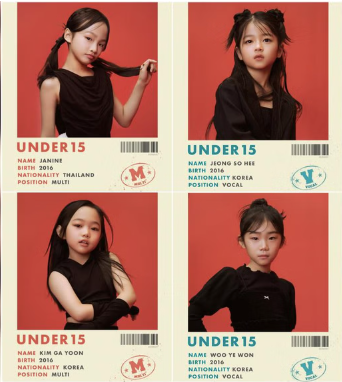
highly competitive environment could expose them to undue pressure and potential exploitation,” as stated by The Indian Express. The Under 15 show was perceived as treating the contestants as marketable products rather than children with rights. Numerous instances fueled this apprehension where they were shown exploiting these contestants. One particularly notable example is in the promotional photos, where each contestant had a barcode directly beneath their photo. These graphics were there to describe the girls’ listing of perceived features, often reflecting the harmful beauty standards of the K-pop industry. This “product labeling” was widely interpreted as a blatant act of objectification, reducing the young contestants to a set of marketable attributes and stripping them of their individuality. This practice sparked considerable outrage, with many feeling it underscored the show’s intent to commodify these children for entertainment and profit. This raised concerns among others, notably Westconn freshman Ganesh Hugh who stated that ”it’s like they are trying to sell them off like their objects. Aren’t they humans after all?” Hugh’s question shows the main concern of the Under 15 show promotional tactics: that they disregard the children’s humanity, instead prioritizing their potential as commercial commodities. This blatant objectification further fueled the calls for the show’s cancellation and intensified the criticism surrounding its ethical implications.
The negative impact on the mental health and well-being of the child contestants was another major point of criticism. Exposing such young girls to the high-stakes environment of a survival show was seen as inherently risky. It’s seen even in K-pop idols today, who are mature adults, such as Sakura, a member of the popular group Le Sserafim, and her bandmates released a documentary following a period of intense online criticism regarding their live singing abilities. In it, Sakura poignantly stated that she is “scared of singing in front of people,” highlighting the profound anxiety that can plague even established performers. Mental health is a major factor between adults and minors; In this survival show, it will be framed such as other survival shows where there will be competition between other contestants who are of the same age, and also who are as old as 15, creating an inherently unfair dynamic, and amplify feelings of inadequacy among younger participants. Along with that, there would be constant evaluation ensuring dance precision, vocal accuracy, and compelling visuals, all whilst being broadcasted amongst millions of people who would scrutinize their success and perceived failure. This can lead to significant stress, anxiety, feelings of inadequacy, and potentially harmed self-esteem and body image. The constant need to perform perfectly under intense scrutiny, coupled with the fear of elimination, creates a breeding ground for mental health struggles. Gorgola further emphasized these concerns, adding that “the mental toll it takes on such young kids during these competitions, [she doesn’t] think [she] would be able to even survive it. [She] can’t even handle schoolwork, it causes [her] so much stress already, imagine the 8-year-olds.” Gorgola’s reflection underscores the immense pressure these children would face, far exceeding the typical stressors of childhood and adolescence, raising serious ethical questions about the long-term psychological consequences of their participation.
The intense backlash against Under 15, rooted in concerns about sexualization, exploitation, and potential harm to young contestants’ mental well-being, highlights a crucial need for stronger ethical considerations and safeguards for minors in the K-pop industry. The show’s postponement serves as a stark reminder of the public’s growing intolerance for practices that are perceived to prioritize profit over the fundamental rights and healthy development of children.








